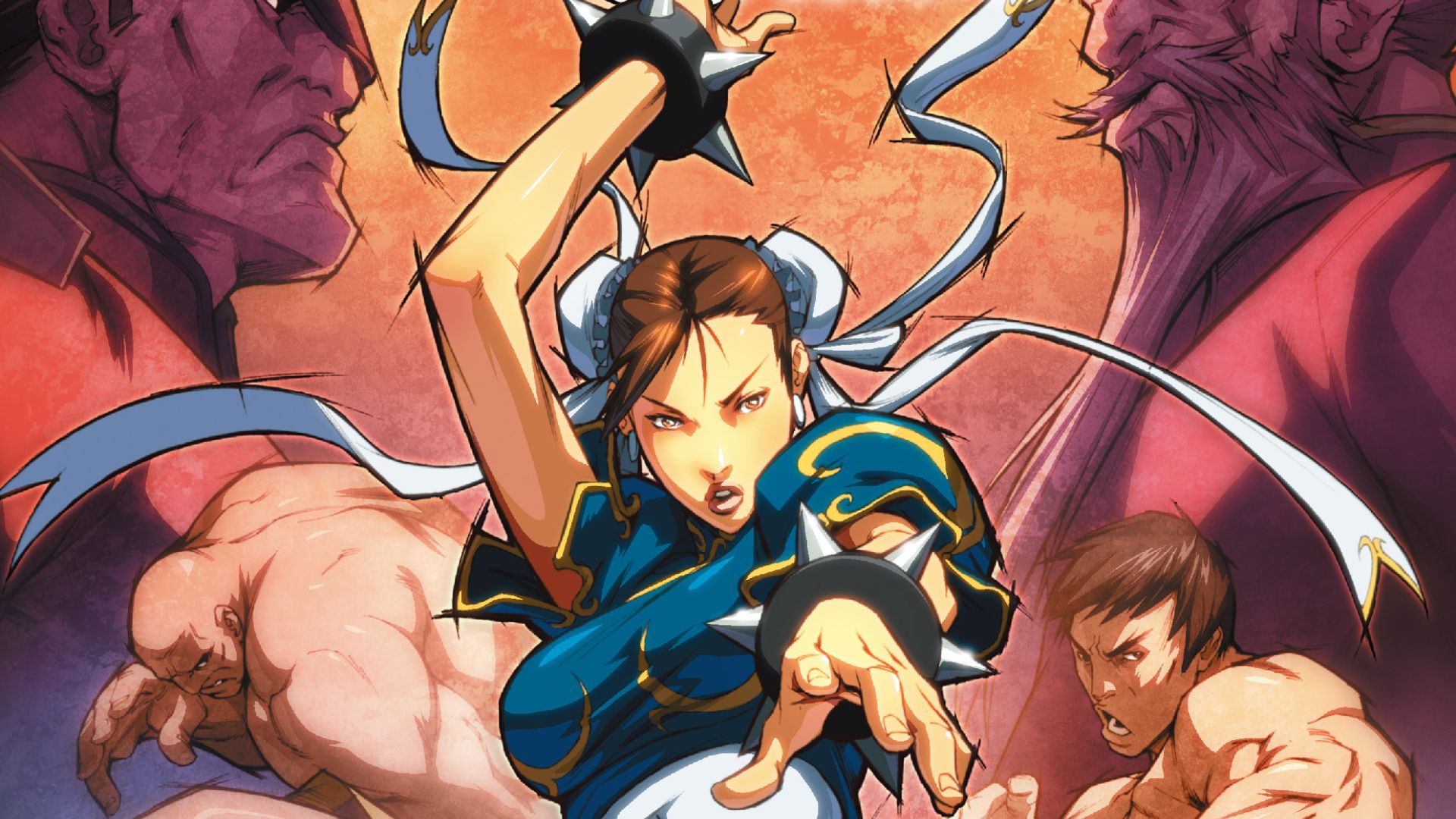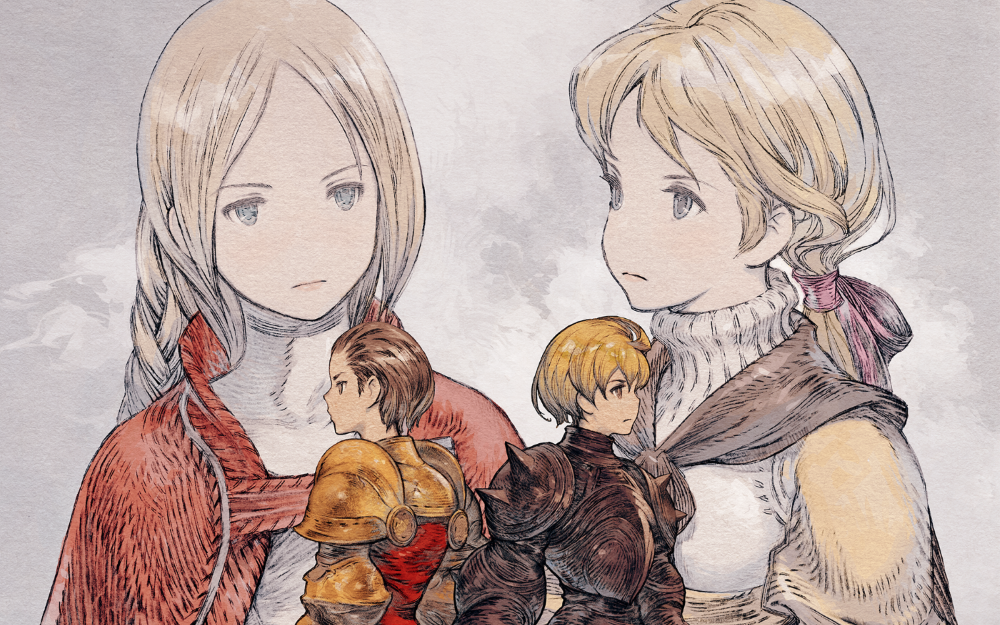
Andor Season 2 Spoiler-Free Review

Cassian Andor is back for a second and final season, fomenting rebellion and inching closer to the seasoned operative we first met in 2016’s Rogue One. But as good as the first season was, having the title character’s end point firmly in sight is the exact reason why Andor is even better in the second season.
The first season of Andor took a lot of us by surprise, I think. The prequel series to a prequel movie, on paper at least, starts out in a bit of a hole thanks to the simple fact that we know how Cassian Andor’s story ends. More than that, we know what happens with the entire rebellion itself. This was always the challenge with Andor as a series. Thanks to Rogue One we know exactly what’s going to happen to this guy and most of his friends. But instead of that making the proceedings any less interesting, Tony Gilroy and the writers and directors behind Andor use it to their advantage. Season 2 of Andor cements this series and these characters as a truly entertaining and tragic bit of drama.
Now, Star Wars of course is no stranger to prequels. Ever since George Lucas decided to call the second movie Episode V, the prequel die had been cast. It’s been how Star Wars has done business since The Phantom Menace in 1999 and, especially with the more recent Disney era, I believe the difference between a good Star War and bad one, has been how well it handles being a prequel.
Andor handled it very well in season 1 and in season 2, it’s an absolute master class. Not only does this season create a really engaging story around characters whose fates have already played out on screen, the writers use that fact to their advantage, writing it into the actual plot of season 2. Where season 1 talks about the price that needs to be paid to overthrow the Galactic Empire, season 2 very actively shows it – and how it’s starting to feel too expensive for some. There’s an exhaustion that’s very present and on the surface. Losses are felt more heavily. An inevitability begins to seep in, one these characters can’t escape, and that is where Andor season 2 is truly successful where other prequels in the Star Wars universe might not have been.
Because we know that most of these people are doomed, focusing on just the nuts and bolts of their story is the biggest mistake Andor’s creators could have made. The show, of course does that too – but first and foremost, Andor is about what it’s like to be doomed and continuing to fight anyway. The first season did an admirable job touching on that, but the second season does an excellent job of focusing on it.
For example, we know that Cassian and K-2S0 are in Rogue One, so yeah, of course we know that they get out of this or that scrape, and will survive any trap they walk into. Ditto any time we think Mon Mothma might be in danger. But these moments are, frankly, the least interesting parts of this series. There are a few spots that feel like it’s just action for action’s sake, but nearly always those scenes are centered around a character of whose fate we aren’t as sure. That’s the kind of thing the creators of Andor clearly kept in mind in order to keep the outcomes of these scenes at least somewhat up in the air – and the proof of that is in just how much we’re made to care about these new characters.
The impact of the Empire and the rebellion is made personal at every turn. Everybody we meet, for even a scene or two, has something invested in this conflict, whether it’s how the rebellion impacts business interests or the banality of Coruscant politicians carrying on as though nothing out of the ordinary is happening. That makes for a great juxtaposition in the season, by the way. On one hand there’s a scrappy and not all-together rebellion struggling to survive; on the other, there’s the persistence of the status quo among the galaxy’s rulers. It points the rebellion’s fight toward minds that need changing as well as military victories that need winning.
As a small, but I think important aside, Andor season 2 picks up a thread that was started in the very beginning of season 1, where the first episode included a title card for BBY 5. Andor season 2 picks up a year later with a similar title card reading BBY 4. Before the Battle of Yavin is a dating system that’s used only for our benefit, as a way for us real-worlders to keep track of how many years before the destruction of the first Death Star these episodes take place. BBY 5 is meaningless to the characters that exist within Star Wars. Now this may seem like a small and “no duh” sort of point, but this detail is not insignificant. It’s a part of the whole, contributing to how effectively Andor navigates the challenges of existing in a canon that’s as thoroughly fleshed out as Star Wars. It also adds to the anxiety of knowing how things end for Cassian. As we move from BBY 4 to BBY 3, we’re not just able to fix the point in time during which the series takes place, but it’s also a countdown to the events of Rogue One.
Small but meaningful title cards, however, are not the only thing Season 2 continues successfully from season 1. The structure of the 12 episodes, treating it more or less like 3 or 4 different arcs, is cleaner and more delineated in season 2. In fact, it’s a little hard to even call this a 12-episode season, actually. It’s not quite 4 movies, either. Disney knows it, too – it’s why they’re releasing Season 2 in 3 episode chunks. I think the most accurate way to talk about it is like it’s just 4 episodes, since that’s how you’ll be watching it anyway.
The biggest effect of very cleanly splitting these episode drops is the year that takes place in between each. We see things happen to characters one week, then the following week we’ll see how those things have subtly changed those characters over the course of an entire year. So nearly all of those changes happen off screen, which does a couple things. One is that it gives the struggle of the rebellion a real sense of scale. The rebellion is playing the long game and it’s wearing down the heroes and villains of Andor. Secondly, that structure really highlights just how good the performances in this series are.
Cassian’s growth from a petty thief to a leader of the rebellion doesn’t happen gradually. It takes big leaps in the intervening time between episodes, and that comes through in the way Diego Luna plays him. The changes we see in Cassian are bigger, there’s no transitional phase of his character growth and that, again, feeds into the vibe of how much of a grind this rebellion is.
Stellan Skarsgaard’s Luthien Rael and Genevieve O’Reilly’s Mon Mothma are particularly interesting in this regard as well. Both of them are obliged to wear two faces and the weight of those masks affects them both in different ways throughout the 4 years depicted in this season. But where Season 2’s performances really stand out for me are the villains. Denise Gough and Kyle Soller as Dedra Meero and Syril Karn – two incredibly ambitious, but still wildly different people – are getting to do some incredibly interesting work as their characters begin to see behind the Empire’s curtain a bit and understand the nature of their role in it.
Now, having said all that, the closer Andor gets to its final destination, the more season 2 loses me just a little bit. There are some moments towards the end of the season that become more concerned with setting the table for Rogue One than completing the stories of the characters that have gotten us this far. In that sense, it’s hard to say it comes to a satisfying ending because, well, it’s not the ending. Rogue One is the end of Andor, effectively becoming season 3 of the show. Which means the two seasons of the Disney+ series have largely left its resolution up to how you felt about Rogue One.
Again, this is kind of the cost of doing business where prequels of prequels are concerned. At some point, you just have to manage that. For Andor, it’s only bits and pieces though, mostly concentrated in the final acts of the season, where some of the storytelling starts to feel a little more business-like than the rest.
I found myself seeing where the show was going and not wanting it to get there. Some of that I chalk up to my own preference for stories that don’t rely too much on connections to existing canon, but more than that, I just really liked this story and these people.








